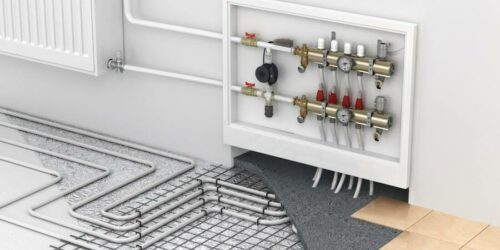Can You Get Free Solar Panels and Solar Panel Grants in 2024?
- Eco schemes and solar panel grants available
- Save money on installation through scrapped VAT
- How you can get paid for exporting energy to National Grid
Although the price of solar panels dropped by 82% on a global scale between 2010 and 2019, the average solar array costs a household around £6,000. For many, this is too much, but with the help of solar panel grants, you may be able to receive solar panels for free. Providing you qualify for the ECO4 scheme, you could receive this renewable form of energy without the price tag.
This article will explain everything to do with solar panel funding, and how they can make you money. It will detail the various solar panel grants available through the UK. Solar panels are designed to help households save money on their energy bills. If you already have solar panels or wind turbines with a capacity under 5MW, find out how they can make you money through exports.
Ready for solar panels? Use our quote comparison tool to find out how much you'd pay. It only takes a minute.
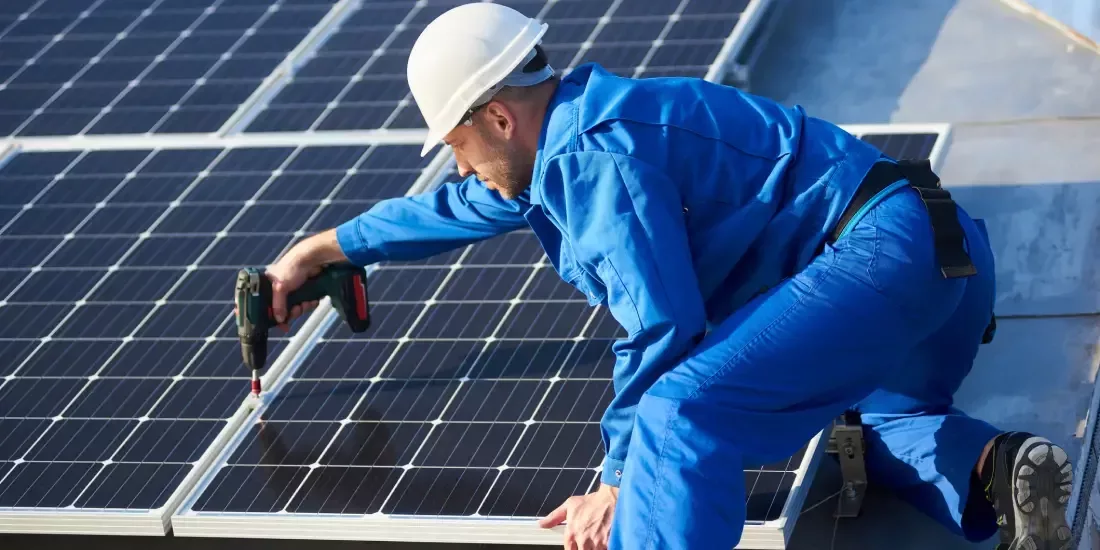
What's On This Page?
Click the links below and head straight to a specific section of the article.
Solar Panel Grants in the UK
Currently operating throughout the UK are the following schemes, depending on which country you’re in:
ECO4
Local Authority Flexible Eligibility (LA Flex)
Nest
Home Energy Scotland
If you don’t qualify for solar panel grants, there are still several ways you can benefit from cheaper solar panels. These include the scrapping of VAT on certain energy savings measures and renewable installations, and the ongoing payments you receive from exporting your energy back to the grid.
The ECO4 Scheme
The Energy Company Obligation (ECO) schemes have been ongoing for a number of years, but ECO4 is the last stage in operation. It replaced ECO3 on 1st April 2022 and is running until March 2026. Government funding has been set aside to help around 450,000 homes improve their energy efficiency and reduce their carbon emissions. This includes being able to get a fully free solar panel system.
Solar panel grants through ECO4 are for the vulnerable to help low income households save money on their energy bills. Most households will save around £290 on their yearly energy bills through this scheme, but the worst affected homes could save up to £1,600.
It’s all about making sure homes with poor Energy Performance Certificates (EPCs) are brought up to scratch. This will save on heating costs and energy bills, helping to retain heat in the winter months and improve energy efficiency. Through solar panel grants, you will have cheaper bills.
To be eligible to apply for ECO4 solar panel grants, you need to meet the following criteria:
Have an EPC rating of D–G
Own your home, or live in private rented accommodation
A district heating network or biomass boilers aren’t suitable, and you’re in an all-electric home
You are receiving government benefits
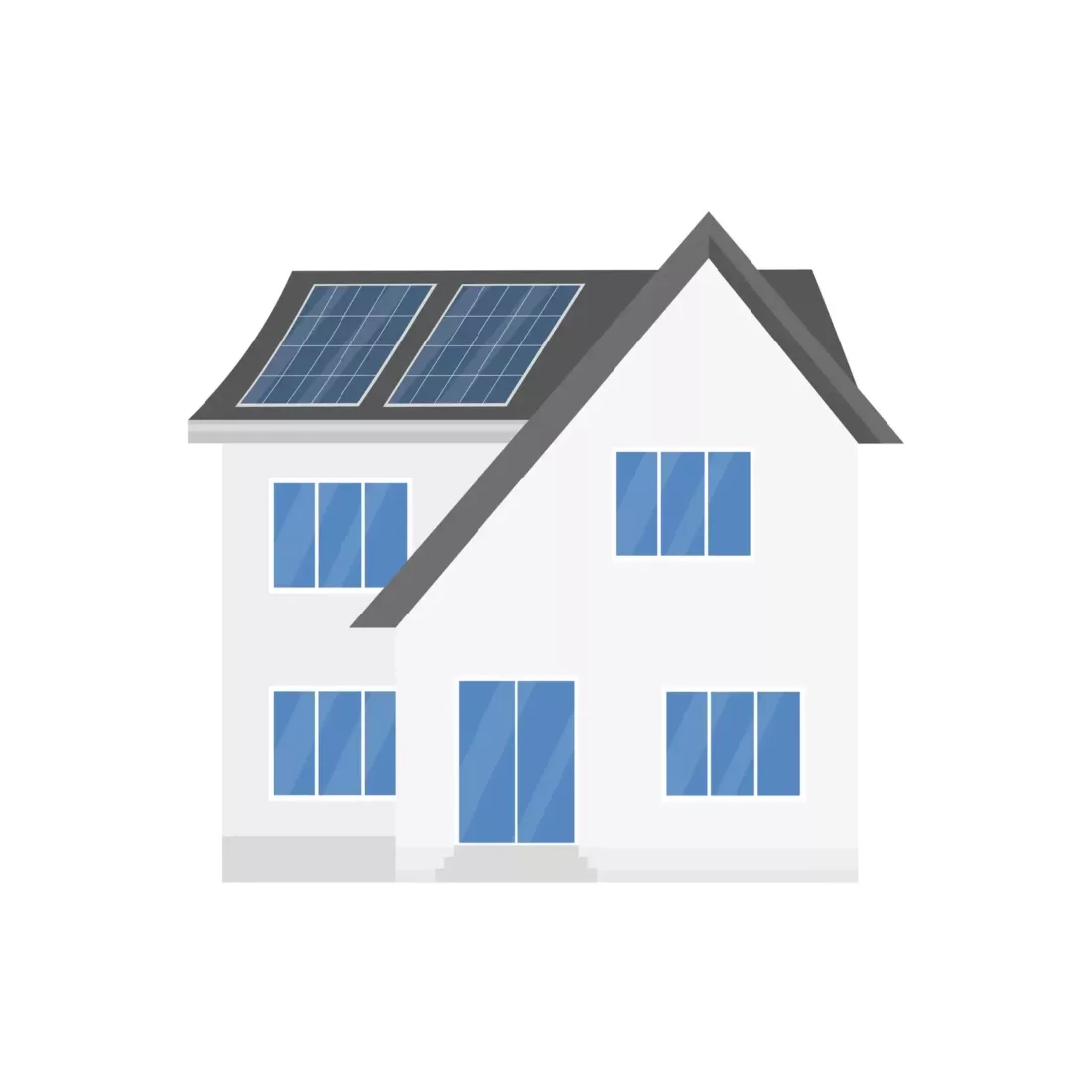
To apply, you need to get in touch with a participating energy supplier. If you don’t qualify for solar panel grants through ECO4, you may be eligible under LA Flex.
Part of ECO4, LA Flex allows your local authority to expand the eligibility to those who may not meet the benefit criteria. The council will have to declare your application eligible, which includes solar panel grants. Some households may be in desperate need of energy efficiency upgrades but might miss out on qualifying for ECO4. LA Flex opens up the improvements to those that might still need help.
You can qualify for solar panel grants through LA Flex if the following applies:
You live in private tenure
You’re living in fuel poverty or are on a low income
Residents are particularly vulnerable to living in the cold
Household income is less than £30,000
To see if you qualify for LA Flex, you should contact your local council for further information. Any applications, for solar panel grants or otherwise, need to be submitted through them.
Nest
Available for people living in Wales, Nest offers advice and, if eligible, free home energy efficiency improvements. They can offer an air source heat pump, a new boiler and solar panel grants, among other upgrades. It’s all in aid of the Welsh Government’s commitments to tackle climate change and erase fuel poverty.
Are solar panels worth it in Wales?
Interested in Welsh solar panel grants? To be eligible for Nest, you must:
Own your home or rent from a private landlord
Have an energy inefficient home
Have a means tested benefit or chronic condition
Have an income below a certain threshold
Applications for solar panel grants in Wales can be applied for through the Welsh Government’s Nest website.
Home Energy Scotland
Exclusively for the Scottish people, Home Energy Scotland offers solar panel grants which can give you up to £6,000 towards them. This comes in the form of a £1,250 grant and a £4,750 optional loan. Unfortunately, this measure can’t be applied for by itself. The Scottish Government grant for solar panels can only be applied for if it’s taken as a package with other energy efficiency improvement measures for your home.
To apply for solar panels and grants in Scotland, you should contact Home Energy Scotland directly.
How to Get Cheaper Solar Panels Without Grants
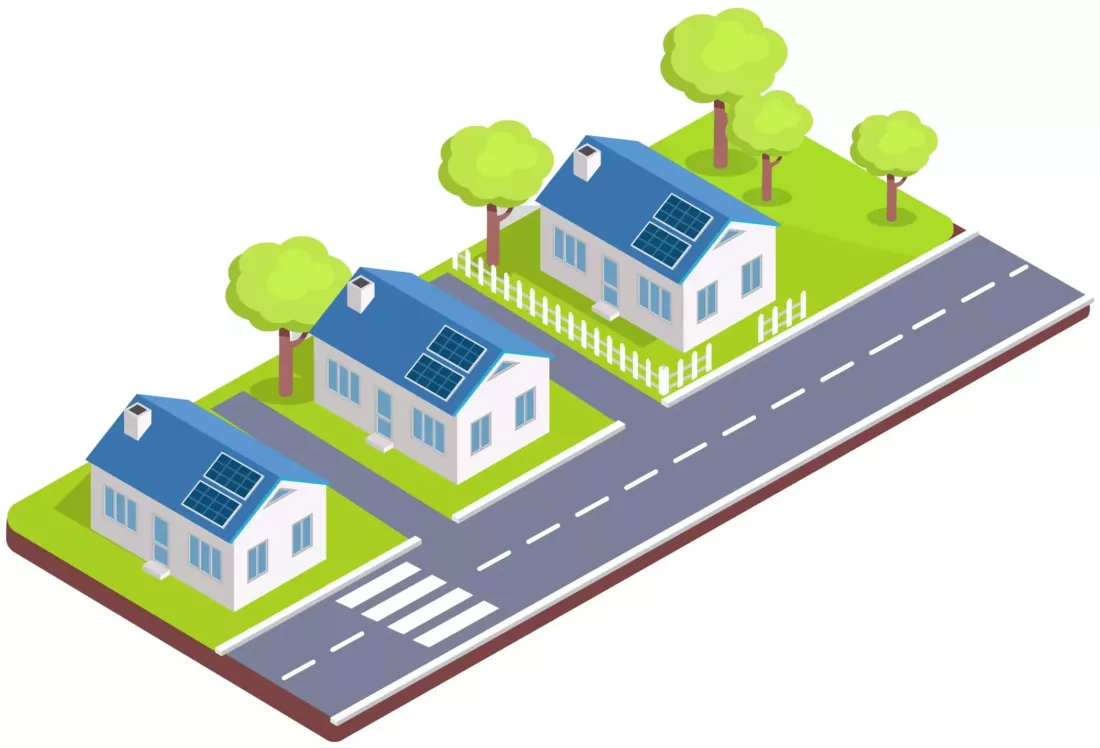
If you don’t qualify for solar panel grants, you can make use of the reduced VAT on energy saving products. Since April 2022, VAT has been scrapped on products like solar panels, heat pumps, biomass boilers and insulation. Previously at 5% for solar panels, this has the potential to lower the cost by over £1,000!
You have until 31st March 2027 to make use of the scrapped VAT for energy saving measures. When it comes to upgrading the home and making full use of this benefit, you can add other improvements to the job, but the bulk of the work should be for energy efficiency improvements. The installer will automatically deduct the cost from the job, providing it qualifies, so you don’t have to apply for this, unlike solar panel grants.
According to MCS, the total number of photovoltaic (PV) installations saw a big jump in 2022 compared to the total installed in 2021. The number of installations between January and August alone (79,560) had already beaten the whole number achieved the previous year. At the end of 2023, the total number of installations that year had reached more than 160,000. These numbers also include any installations through solar panel grants.
You can see how these numbers compare in the interactive graph below.
How to Make Money With Solar Panels
Electricity generated from solar panels has always been hot property. Free, renewable energy can either be used to power your home or sold on. Either way, solar panels can guarantee some form of income, either in a reduction in electricity import charges from National Grid or as payouts for exports. Solar panels grant you the freedom to choose.
Exporting Energy to the Grid
The Feed-in Tariff (FIT) was replaced by the Smart Export Guarantee (SEG), which took effect on 1st January 2020. Where homes could previously be paid for each kWh of electricity they generated and exported back to the grid, the SEG only offers export rates. FIT payments were agreed for 20 years, whereas SEG payments apply on an ongoing basis. Whether you had solar panel grants or not, you can still apply for the SEG.
The FIT scheme closed to new applicants on 31st March 2019. Despite this, anyone who signed up to it before then will receive payments for as long as their agreement was for. Fortunately for these people, it is possible to have FIT payments and SEG payments at the same time. While you will have to forgo your FIT export tariff, you can keep the generation tariff, but it’s best to check if the SEG payments will be higher. If not, it’s more beneficial to keep with the FIT until it ends.
You can see how these compare in the interactive graph below.
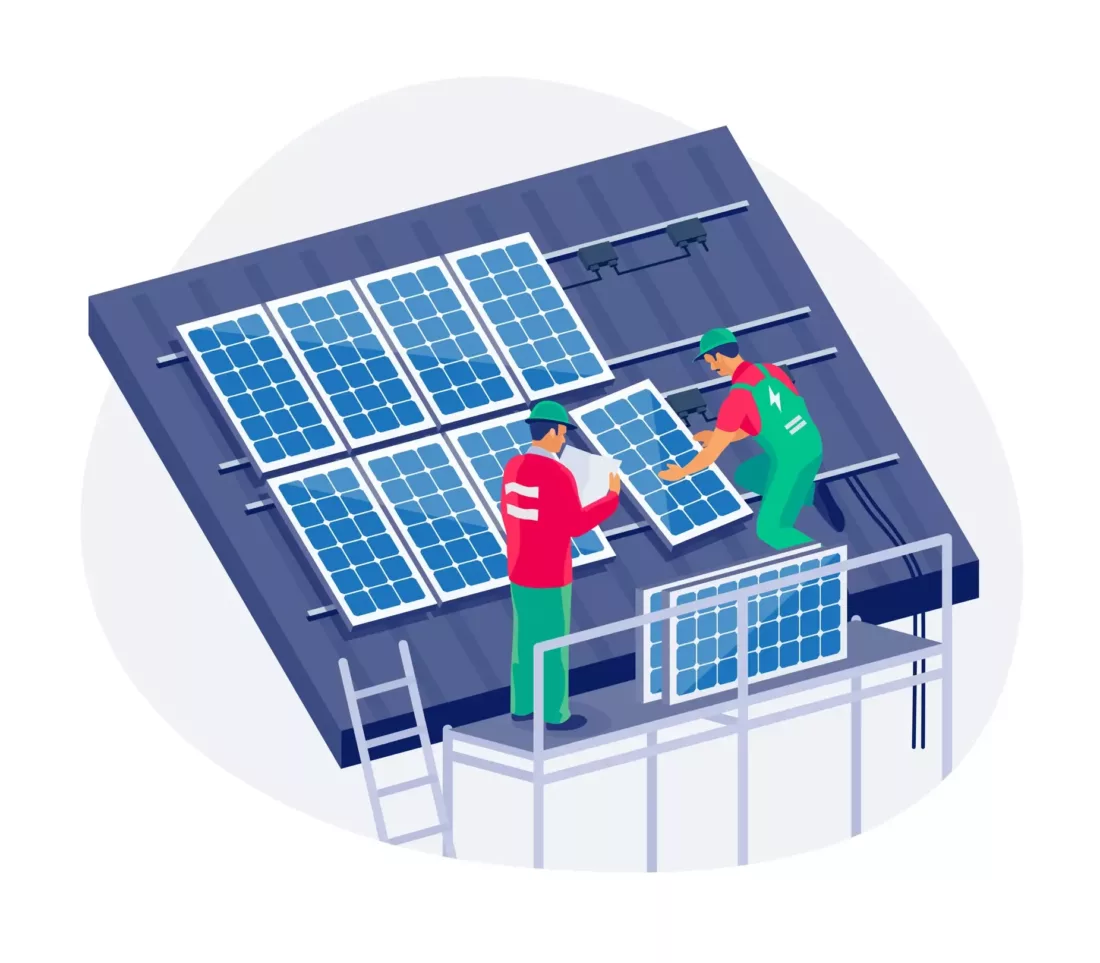
To apply for the SEG, you can shop around for a suitable licensee, who doesn’t necessarily have to be your electricity supplier. Any companies with more than 150,000 customers are obligated to offer a tariff above £0, but smaller businesses don’t have to take part in the scheme.
Typically, SEG tariffs are around 5p/kWh, but they can be both fixed and variable rates. Rates have been seen at around 15p/kWh or higher, so it does pay to shop around. The best deals are usually reserved for a company’s energy customers, so you could always consider switching to get a better deal. You can receive these export rates whether you used solar panel grants or not.
As a rough example of how much you could earn with the SEG, a 3.5kWp solar array can give you £112 a year. This is based on a rate of 7.5p/kWh.
Solar panel grants can give you a solar array less than 5MW, which is what the capacity limit is for SEG applications. Small-scale energy generation is funded for all energy exported back to the grid, from solar panels or wind turbines. It also includes micro combined heat and power, hydropower and anaerobic digestion.
Can I Sell My Feed-in Tariff?
If you had solar panels and signed up to the FIT before the 2019 deadline, you can continue to receive your payments as normal. You can, however, sell the remainder of your FIT payments to companies that will buy them. This will give you a lump sum, which is often advertised at about £20,000. In reality, it will be less than this.
Before you sell your FIT payments, you should calculate the costs you would receive over time. These payments work more in favour of the company offering to buy your payments, so you will be missing out in the long term. On the plus side, if you need a big lump sum now, selling your FIT could be beneficial for you.
Key Points About Solar Panel Grants
You might be eligible for solar panel grants if you qualify for schemes in England, Scotland or Wales. This may either come at a contribution from yourself or be completely free. If you don’t qualify for solar panel grants through ECO4, you may still be eligible under the LA Flex scheme instead, but you’ll have to check with your local authority.
If you can’t receive solar panel grants, you might be able to benefit from no VAT for a cheaper installation. While this won’t give you as much off as any of the schemes outlined above, it will still save you about £1,000. Likewise, you can shorten the payback period with solar panels funded by the Smart Export Guarantee.
For anyone with solar panels, they can export unused or surplus energy back to the grid to receive money from their energy supplier or licensee. While you can’t apply for multiple licensees at the same time, you can switch as often as you want to get the best deal.
We can’t offer you solar panel grants, but we can offer you competitive prices. Find out how much you’d pay for solar panels with a free no obligation quote using the button below.
Related articles
View all Solar Panel articles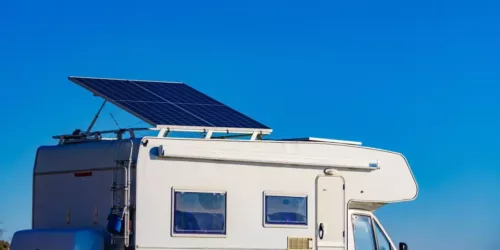
A Complete Guide to Caravan Solar Panels
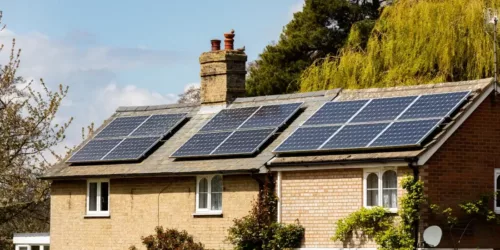
Are Solar Panels Worth It in Wales?
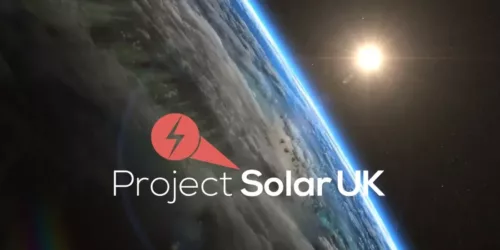
Project Solar UK: Company Overview
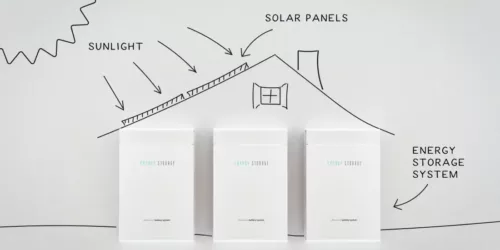
Battery Storage for Solar Panels Explained
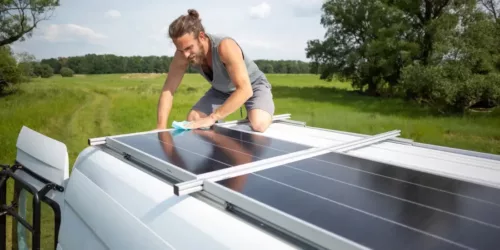
Solar Panel Kits Explained - Everything You Need to Know
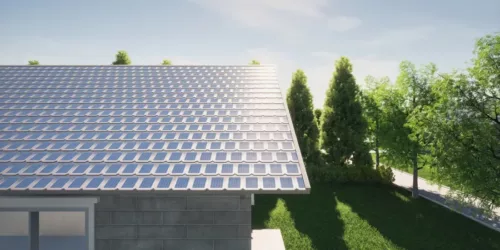
Are Solar Roofing Tiles Worth It?
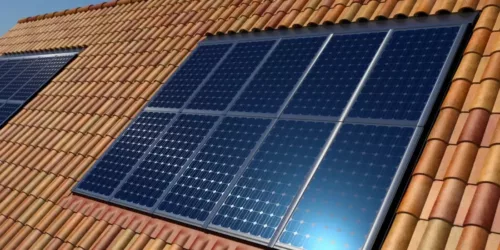
A Complete Guide to Roof Integrated Solar Panels
